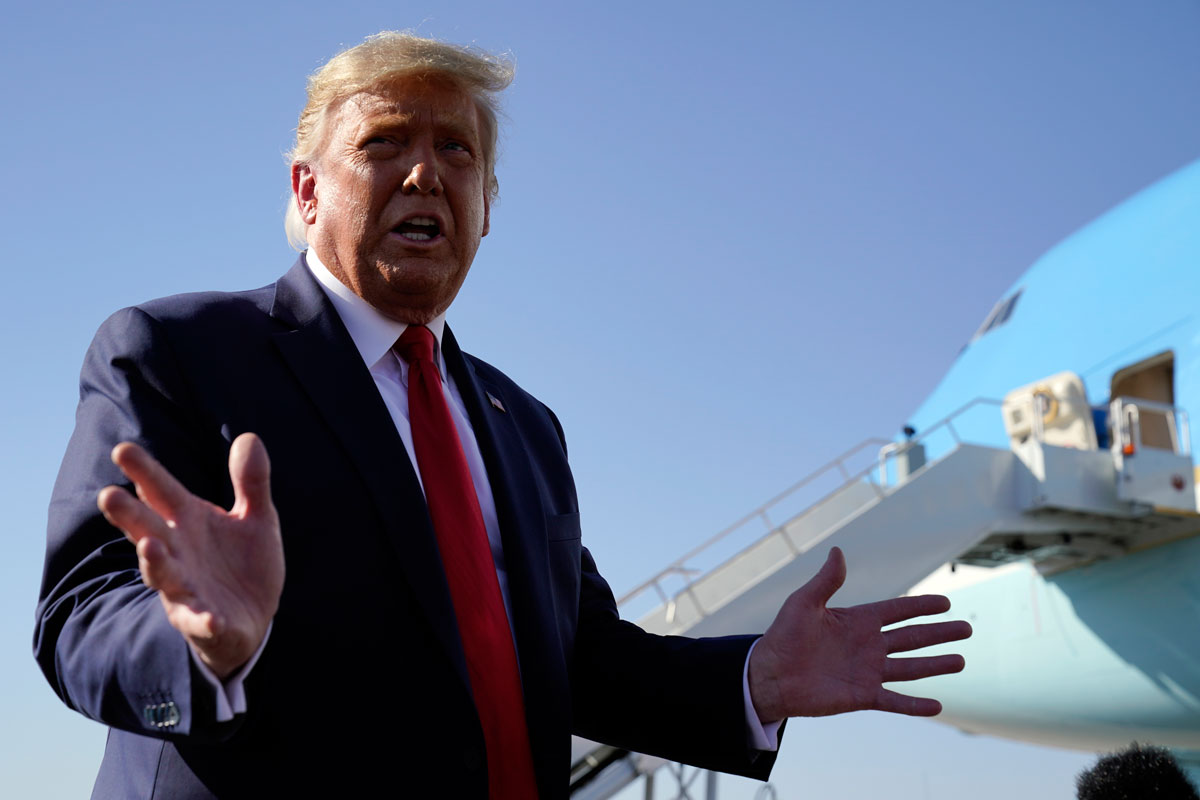
President Trump’s attacks on Dr. Anthony Fauci, director of the National Institute of Allergy and Infectious Diseases, won’t help the United States battle the coronavirus pandemic, said Dr. Ashish Jha, the dean of Brown University School of Public Health.
It’s “disturbing and “upsetting” to hear the President say such things, Jha told CNN’s Jake Tapper.
“We’re in the middle of the worst pandemic in a century and Dr. Fauci is America’s most respected infectious disease expert for good reason,” Jha said.
“He is the best there is and to attack him personally is very unfortunate and it is not going to help the country out,” Jha added.
“I mean, right now we’re heading into a difficult fall and winter. Attacking your best experts is not what you want to be doing if you’re President of the United States.”
It could also have dire health consequences, Jha said.
“Dr. Fauci isn’t just somebody that the public respects. All of us in the medical field who study these things look up to him as the best there is,” Jha noted.
“And so undermining him and undermining his message really makes it so much harder to control this virus, so much harder to control this pandemic. I think the President’s doing a great disservice to Dr. Fauci, but really to the country.”
Trump called Fauci a “disaster” and referred to him and other health experts as “idiots” in a campaign phone call on Monday.
Dr. Richard Besser, the former acting director of the Centers for Disease Control and Prevention, told CNN’s Anderson Cooper on “Full Circle” if political leaders aren’t working with scientists to pull the nation together in their coronavirus response, they’re likely going to fail.
“The only way response works is when you have a unity of message between the political leaders and the science leaders because the science leaders are never going to be asking people to do things that are easy. They’re asking people to change their lifestyle, to take action, to reduce the spread of an infectious agent and that requires sacrifice and when you don’t have your political leaders pulling the nation together and making it a national effort, you’re going to fail,” he said.
“Infectious agents don’t care what political party you support. They don’t care where you live. They will infect everybody and anybody,” he said.
Watch: